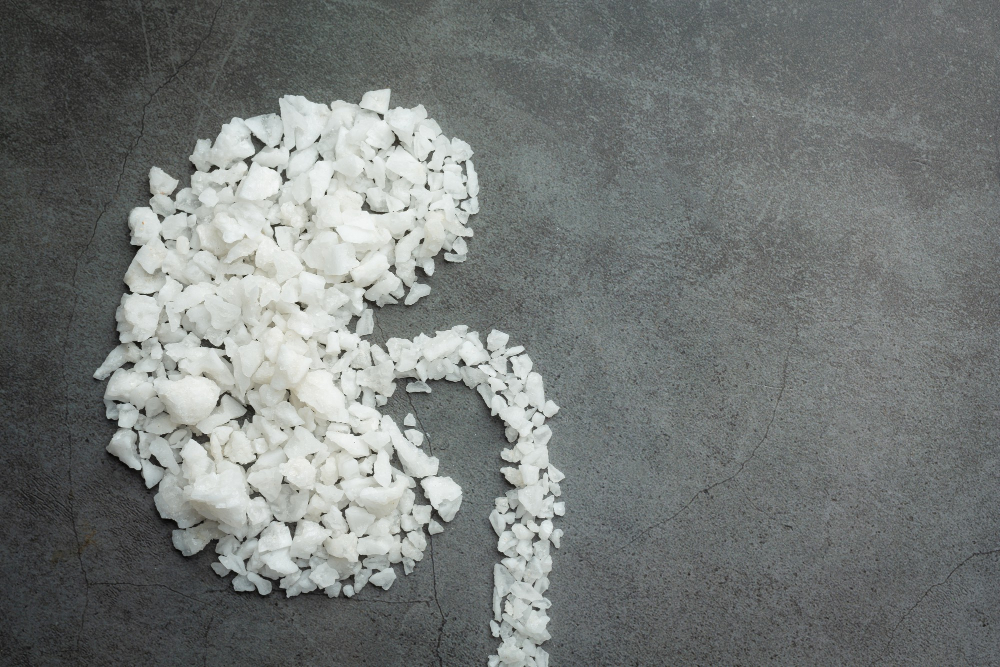What Are Kidney Stones?
Kidney stones are hard lumps that form inside your kidneys. They develop when minerals and salts stick together in your urine. Because these stones can block the flow of urine, they may cause pain and other problems. Anyone can get kidney stones, but some people are at higher risk. For example, those with a family history or certain health conditions may be more likely to develop them.
How Hydration Affects Kidney Stone Formation
Drinking enough water is key to preventing kidney stones. When you stay hydrated, your urine becomes less concentrated. As a result, minerals are less likely to stick together and form stones. On the other hand, if you do not drink enough, your urine gets darker and more concentrated. This makes it easier for stones to form. According to the CDC, proper hydration can lower your risk of kidney stones.
Signs and Symptoms of Kidney Stones
Kidney stones can cause a range of symptoms. Sometimes, small stones pass without pain. However, larger stones may cause discomfort. Watch for these common signs:
If you notice any of these symptoms, you should talk to a doctor. Early treatment can help prevent complications.
Evidence-Based Prevention: The Role of Water Intake
Many studies show that drinking enough water helps prevent kidney stones naturally. The World Health Organization and other experts recommend drinking at least 2 to 3 liters of water each day. This amount helps flush out minerals before they can form stones. In hot climates, you may need even more water to stay hydrated. For example, if you sweat a lot, your body loses more fluids. Therefore, you should drink extra water to make up for it. Staying hydrated is one of the best ways to support kidney health and lower your risk of stones.
Practical Tips for Staying Hydrated
It can be easy to forget to drink water. However, small changes can help you stay on track. Try these simple tips:
By making hydration a habit, you can help prevent kidney stones and support your overall health.
When to Seek Medical Advice
Sometimes, kidney stones can cause serious problems. If you have severe pain, fever, or trouble passing urine, seek medical help right away. Also, if you see blood in your urine, do not wait to call your doctor. Early care can prevent bigger issues. Remember, everyone is different. Therefore, it is important to talk to a healthcare professional for advice that fits your needs.
In summary, drinking enough water is a simple and effective way to prevent kidney stones. Make hydration part of your daily routine. If you have questions or symptoms, consult a healthcare professional for personalized advice on kidney stone prevention.
